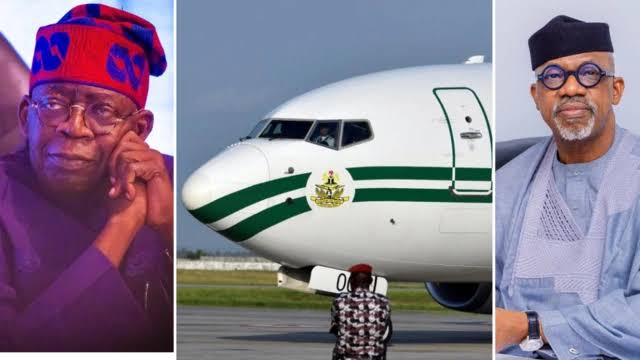The ongoing dispute between the Chinese firm Zhongshan Fucheng Industrial Investment Co. Ltd. and the Ogun State government of Nigeria has escalated, leading to the seizure of three presidential jets. These jets, which include a Dassault Falcon 7X in Paris and a Boeing 737 alongside an undelivered Airbus 330 in Switzerland, were taken due to a financial disagreement stemming from the termination of Zhongshan’s export processing zone management contract in 2016.
Zhongshan has been awarded approximately $74.5 million in compensation by an independent arbitral tribunal, a ruling that has been upheld by courts in multiple jurisdictions. Despite this, the Ogun State government has not complied with the award, prompting Zhongshan to express its readiness to negotiate an amicable resolution with the Nigerian federal government. The company asserts that it is merely asserting its rights under international law and is confident in its legal position.
In response, Ogun State officials have criticized Zhongshan for its actions, claiming that the firm has attempted to attach Nigerian-owned assets without proper notification to the relevant authorities. They argue that the jets are immune from seizure under international and French law, as they are used solely for sovereign purposes.
The Ogun State government, in collaboration with the Nigerian federal government, is actively working to lift the provisional attachments and has accused Zhongshan of attempting to exploit the situation for financial gain. The presidency has echoed these concerns, alleging that Zhongshan is trying to take over Nigeria’s offshore assets through deceptive means.
As the situation develops, both parties have indicated a willingness to negotiate, but significant tensions remain regarding the legal and financial implications of the seizure and the broader context of foreign investment in Nigeria.


